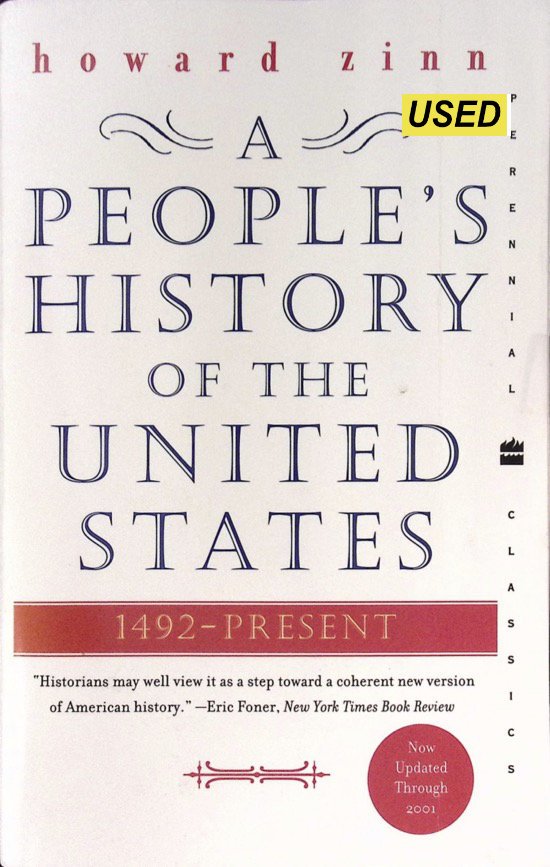By William H. Herndon (Author), Jesse W. Weik (Author), Colin Heston (Editor)
Abraham Lincoln: The True Story of a Great Life, Volume 2 by William H. Herndon and Jesse W. Weik continues the intimate and revealing portrait of Lincoln’s life, focusing on his political rise, personal struggles, and moral convictions. This volume delves into Lincoln’s early legal and political career in Illinois, his evolving views on slavery, and his growing prominence within the newly formed Republican Party. Herndon, who knew Lincoln personally, offers firsthand insights into Lincoln’s character, including his honesty, wit, and deep empathy. The narrative explores Lincoln’s debates with Stephen A. Douglas, his election to the presidency, and the immense pressures he faced as the nation moved toward civil war. The authors emphasize Lincoln’s internal conflicts, his sense of duty, and his unwavering commitment to preserving the Union. Through letters, speeches, and personal anecdotes, the book presents Lincoln not as a distant icon but as a complex, thoughtful man shaped by hardship and driven by principle. Volume 2 concludes with reflections on Lincoln’s leadership during the early years of the Civil War, setting the stage for the final chapters of his life and legacy.
Read-Me.Org Inc. New York-Philadelphia-Australia. 2025. 220p.









